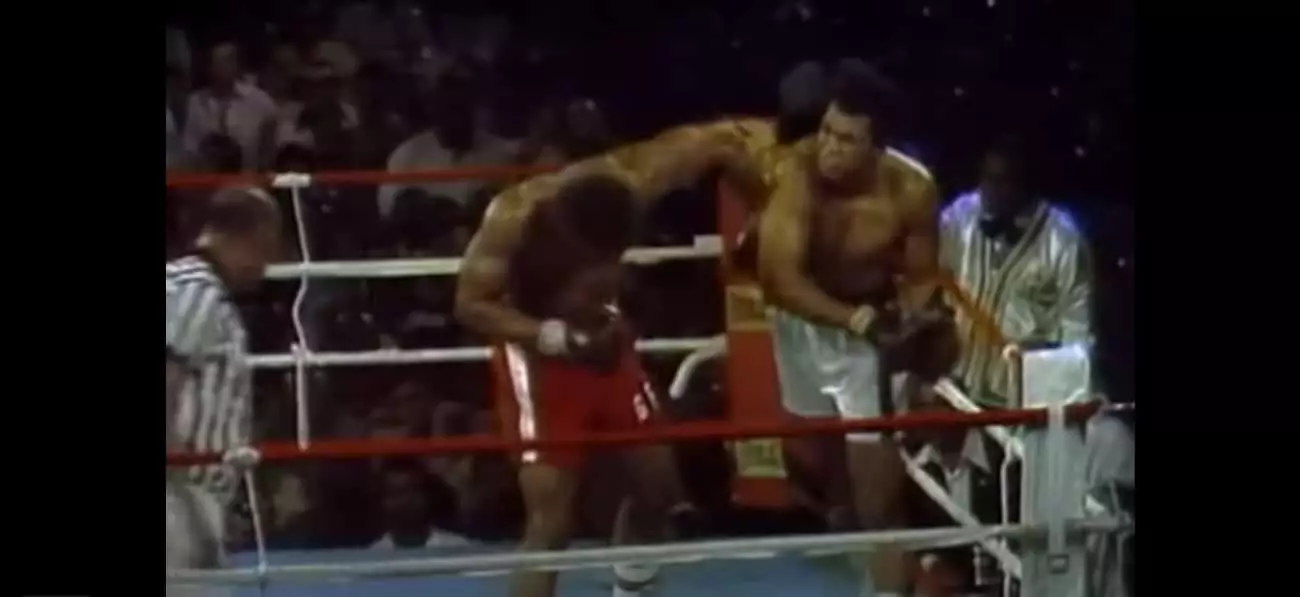In the world of boxing, where talent often intertwines with sheer willpower, the relationship between fighters can yield profound insights and inspiration. Montell Griffin, a former light-heavyweight champion, shares a unique bond with Muhammad Ali that transcends the boxing ring. Known affectionately as “Ice,” Griffin carved out a respectable career during which he bested esteemed opponents such as Roy Jones Jr. and James Toney. However, it was his association with the legendary Ali that shaped not just his fighting style, but his holistic approach to the sport. Griffin fondly recalls the early days of their connection when Ali, in the zenith of his fame, became a mentor and a guiding force in his life. “Did I learn from him?” Griffin reflects. “I wanted to be him!”
Griffin’s admiration isn’t merely nostalgia; it’s a reflection of the profound impact Ali had on his life and many others in the boxing community. Griffin recounts the first time he met Ali in 1975, just before Ali faced his formidable rival, Joe Frazier. This relationship blossomed into an unforgettable mentorship, with Griffin often observing Ali training—the iconic heavyweight pushing his limits while embodying a resilience that would define his career. In an age where fighters are often praised for their brute strength, Ali taught Griffin that greatness comes from both physical ability and mental fortitude.
As Griffin recalls, Ali was preparing for his highly anticipated September 1977 fight against Earnie Shavers while also being haunted by memories of past battles. By that time, Ali had to rely heavily on his experience and exceptional defensive skills, employing a strategy that spoke to the art of boxing in a way few could replicate.
A Turning Point in History
The conversation inevitably shifts to one of the landmarks in boxing: Ali’s monumental victory over George Foreman. Griffin offers rich insights as he reflects on the historic moment when Ali stood tall against a seemingly unbeatable opponent. He stresses, “When he stopped Foreman, he beat the most dominant heavyweight in history.” This sentiment underscores the significance of Ali’s win—not just for his own legacy, but for the entire sport. Foreman’s earlier victories, including his dismantling of Ali’s previous adversaries Frazier and Ken Norton, had instilled fear in the hearts of many. However, it was Ali’s unique style and tactical brilliance that quelled that fear, enchanting boxing fans around the world.
Fifty years have passed since that electrifying night, yet the reverberations of Ali’s triumph continue to inspire. Griffin notes, “Ali was at his best when he beat Sonny Liston and Cleveland Williams, but against Foreman, he faced a destroyer.” This turning point in boxing history is not merely an event to be remembered; it symbolizes hope, resilience, and the power of transforming adversity into achievement. As discussions around the sport of boxing celebrate its pivotal moments, the echoes of Ali’s legacy endure. He wasn’t just a champion; he became a beacon for all aspiring fighters.
In this spirit of homage, Montell Griffin invites us all to reflect, celebrate, and appreciate the journey of a man who became synonymous with greatness.

